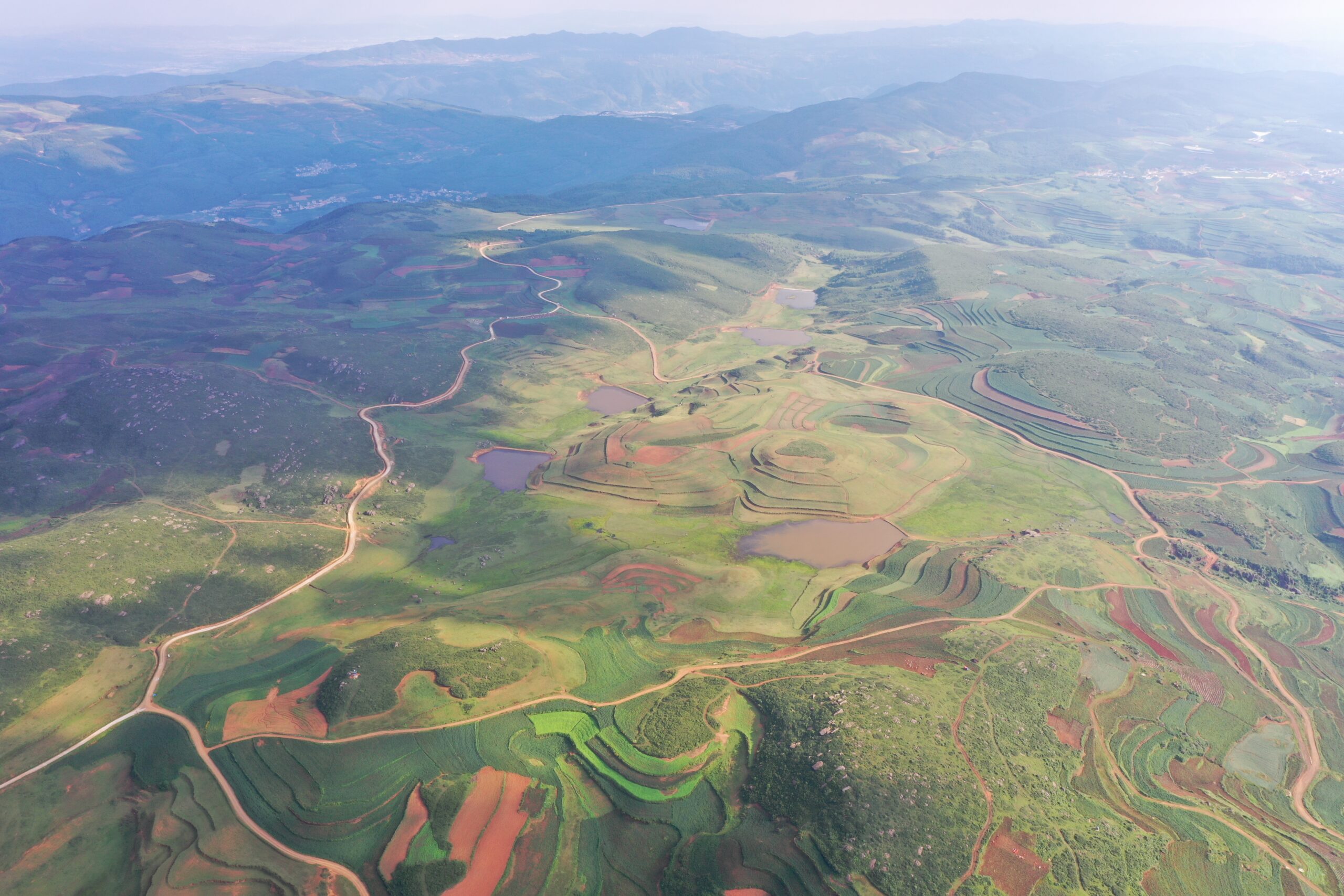In 2023, the Danish beer company Carlsberg Group and the WWF World Wildlife Fund launched a partnership to restore vital ecosystems and secure water supply in four wetlands in China and Laos.
It’s not pure altruism; Carlsberg has been brewing in Laos since 1973, and in China since 1995 after acquiring Huizhou Brewery.
From these outposts, the Danish beer giant produces beer aimed at the Asian market, like Beerlao Gold “Khao Kai Noy” and Tigerhead Soda Lao, as well as European favourites like Somersby Apple Cider.
Its new partnership with WWF is strategically important. Four of Carlsberg’s Chinese and Lao breweries are being affected by declining water quality and degraded ecosystems.
Simon Boas Hoffmeyer, Head of Sustainability & ESG at Carlsberg Group, draws attention to the environmental angle:
“The challenges of rebuilding local water resources are becoming more and more prominent as climate change takes effect. This partnership will play a decisive role in protecting and restoring water resources, vulnerable ecosystems and preserving biodiversity,” he said in a press release.
But the four locations are also focus-points for WWF, as they are spread across two of the organisation’s priority areas in the Yangtze and Mekong rivers respectively – home to millions of people and rich biodiversity.
Three projects around the Yangtze River in China will “improve biodiversity” and “improve the landscape” of existing wetlands, and establish new ones, to help remove harmful wastewater nutrients, according to WWF.
In Laos, a project around the Mekong River close to the capital of Vientiane will seek to “improve the water level and the conditions for flora in the non-urban wetland Nong Kham Sen”.
Secretary general of the WWF World Nature Foundation Bo Øksnebjerg called the current environmental situation in these areas “critical” and highlighted the importance of supporting “nature’s own solutions”.
“The ecosystems around the Yangtze and Mekong rivers are of enormous importance to the local population and the animal and plant life in the area. The pressure on water resources is increasing. By restoring nature in the area, it is possible to secure more water for the local population, the endangered nature and the companies,” he said.
The WWF-Carlsberg partnership runs until the end of 2025, and Carlsberg has said it will work to achieve 100 percent replenishment of water consumption at breweries in high-risk areas by 2030.
For Øksnebjerg, the work couldn’t come sooner. He points out that all companies in the area should be assessing their environmental impact. The wetlands of the Mekong region are dense with factories and threatened by vast new hydropower projects.
“Nature is in trouble,” he said.















